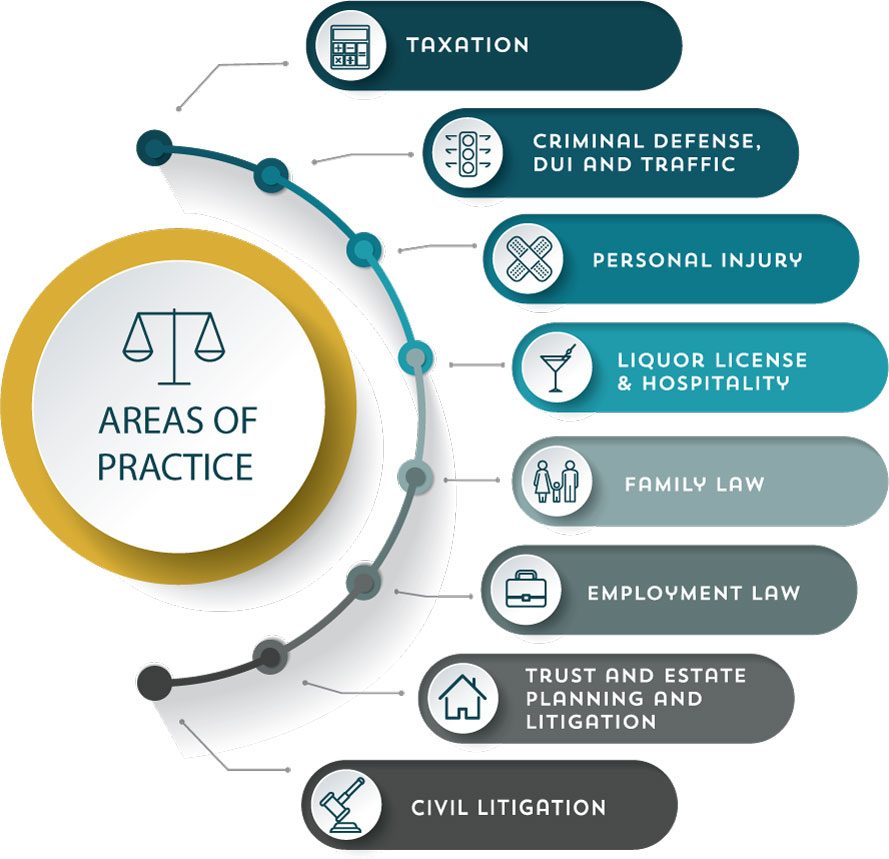The Rate Of Deception: A Financial Evaluation Of Clerical Crime'S Impacts
The Rate Of Deception: A Financial Evaluation Of Clerical Crime'S Impacts
Blog Article
Short Article Created By-Vester Nash
Visualize a pristine garden, meticulously nurtured over years, filled with lively flowers and lavish plant. Currently, image a flock of dangerous bugs quietly infiltrating this haven, gnawing away at the roots and petals, leaving a trail of devastation.
This metaphor appropriately records the expense of clerical criminal offense, a stealthy threat that permeates our economy with ravaging effects. As you enter this discussion, prepare to reveal the concealed economic impact of white collar criminal offense and the far-ranging consequences that stick around long after the wrongdoers have actually vanished from the scene.
The Financial Toll of White Collar Criminal Offense
Clerical criminal activity exacts a heavy economic toll on people, companies, and the general economy. It isn't simply a victimless criminal activity or a minor aggravation. The consequences are far-ranging and devastating.
When individuals succumb white collar crime, they commonly lose their life savings, their homes, and their complacency.
Services, on the other hand, endure substantial financial losses due to fraudulence, embezzlement, and various other forms of white collar crime. These crimes lead to lowered profits, damaged credibilities, and also personal bankruptcy sometimes.
Moreover, the economic situation all at once endures as clerical criminal activity weakens rely on the economic system, reduces consumer self-confidence, and hampers economic growth.
https://www.newsweek.com/trump-supreme-court-maralago-classified-documents-fbi-1749441 of clerical criminal activity can't be undervalued, and it's important that we take solid steps to prevent and battle this sort of criminal activity.
The Disintegration of Trust in Institutions
The disintegration of rely on institutions is a consequence of white collar crime that has far-ranging implications for individuals and culture. When white collar criminal activities are committed by individuals in positions of power and authority, it undermines the trust that people have in those institutions.
This disintegration of trust can have a number of unfavorable impacts:
- ** Loss of belief in the justice system **: When people see those in powerful positions getting away with white collar criminal activities, it can cause a loss of faith in the justice system. Individuals may really feel that there's an absence of responsibility for those who commit such criminal activities, which can erode trust in the lawful system.
- ** Reduced self-confidence in financial institutions **: Clerical criminal offenses typically entail economic fraudulence and control. When view or establishments are condemned of such crimes, it can result in a reduction in confidence in financial institutions. This can have a negative effect on the economic situation as individuals might be hesitant to spend or rely on these institutions with their cash.
- ** Damaging of social material **: Trust in organizations is a basic pillar of a functioning culture. When that depend on is worn down, it can bring about a weakening of the social fabric. People might become more negative and hesitant of establishments, which can cause a breakdown in social cohesion and teamwork.
Long-Term Economic Outcome
Loss of count on institutions because of white collar criminal offense can have lasting economic consequences.
When people and companies despair in the integrity of organizations, they might end up being reluctant to invest or take part in financial activities. This lack of depend on can result in a decline in customer investing, as people become more mindful with their cash.
Furthermore, companies might hesitate to develop collaborations or become part of agreements, being afraid that they'll be benefited from by deceitful individuals.
The lasting financial repercussions of this loss of trust can include slower financial development, minimized task creation, and lowered market competition. It's critical for organizations to resolve white collar criminal offense and bring back trust in order to secure the long-lasting economic wellness of a country or area.
Conclusion
Finally, the financial influence of clerical criminal activity is staggering, with repercussions that reach much beyond simply monetary losses. It deteriorates the trust fund we place in our institutions, leaving a void that's challenging to load.
Like a relentless tornado, white collar crime leaves a long lasting mark on our economic situation, leaving us to come to grips with its after-effects for several years to find.
